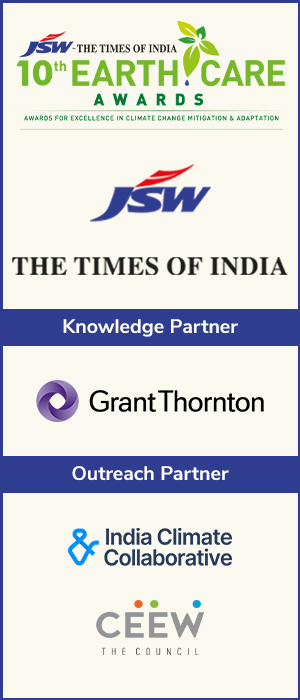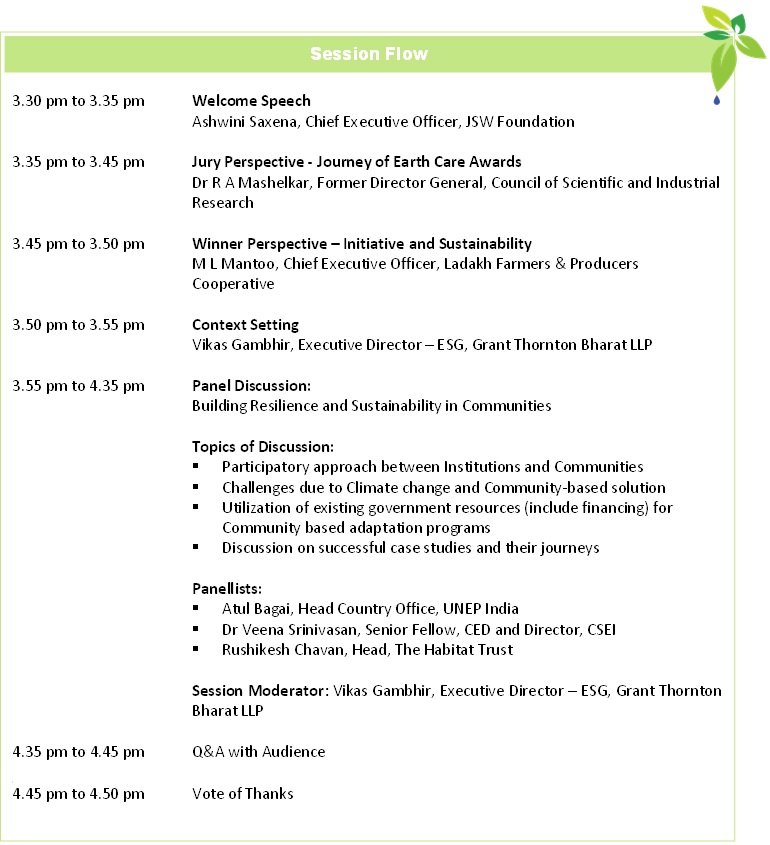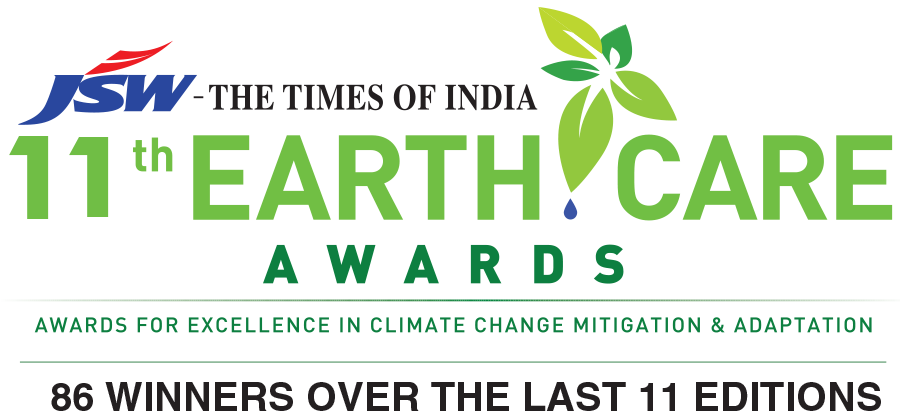

As the climate continues to change, millions of poor people face greater challenges in terms of extreme events, health effects, food security, livelihood security, migration, water security, cultural identity, and other related risks. India will face considerable and varied climate change impacts in the coming decades. The country’s large population with high poverty and low adaptive capacity, dependence on climate-sensitive sectors such as agriculture, and negative climate change projections make adaptation critical. Any adverse impact on water availability due to recession of glaciers, decrease in rainfall and increased flooding in certain pockets would threaten food security, cause die back of natural ecosystems including species that sustain the livelihoods of rural households, and adversely impact the coastal system due to sea level rise and increased frequency of extreme events.
Community-Based Adaptation (CBA) approach is an important component of the larger picture of management and avoidance of Climate Change impacts and enhancing the resilience of poor and marginalized people. It provides information and concrete examples on potential impacts of climate change and mitigative measures which are location specific and often community managed. Until recently, most community-based adaptation efforts have been top-driven. However, as NGOs, CBOs and Corporate Foundation moves to the field, we have seen many success stories as well as no so successful initiatives to learn from.
India through its experience of combating this threat in the last decade shows a promising path for others to emulate. Currently various state governments in India have started designing many adaptation programs aiming to mitigate the impact of climate change and help the vulnerable people to tide over the situation.
To deliberate upon this, JSW & Times of India has come together to organize a virtual panel discussion on this important subject and this will be a part of the 10th edition of Earth Care Awards – an awards recognizing excellence in the area of climate change. ECA Think Tank panel will cover and help us learn through their experiences on the key elements of success that are often the essential ingredients that works when poor and marginalized community is in the focus.
We are expecting senior representation from heads of Non-Government Organizations (NGOs), Community Based Organizations (CBOs), heads of CSR and sustainability companies, multilateral agencies and academic institutions as delegates for the discussion.
Topics of Discussion
- Participatory approach between Institutions and Communities
- Challenges due to Climate change and Community-based solution
- Utilization of existing government resources (include financing) for Community based adaptation programs
- Discussion on successful case studies and their journeys
JuryPerspective

Dr R A Mashelkar
Former Director General,
Council of Scientific and Industrial Research
Our Speakers

Atul Bagai
Head – Country Office,
UNEP India

Dr. Veena Srinivasan
Senior Fellow, CEO, ATREE
Director, CSEI

Rushikesh Chavan
Head
The Habitats Trust

Ashwini Saxena
Chief Executive Officer,
JSW Foundation

Suruchi Bhadwal
Senior Fellow and Director,
Earth Science and Climate Change (ESCC) Division, TERI

M L Mantoo
Chief Executive Officer,
Ladakh Farmers & Producers Cooperative

M L Mantoo
Executive Director – Environment, Social and Governance (ESG),
Grant Thornton Bharat LLP
Flow of theEvent

